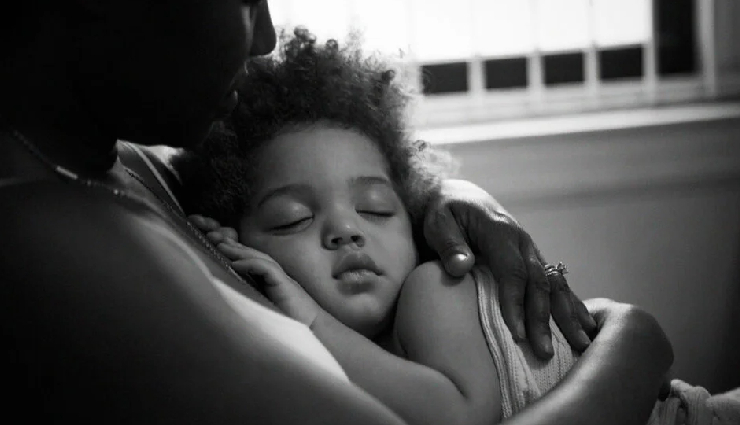- Home›
- Mates & Me›
- 8 Basic Characteristics Of Only Child Syndrome
8 Basic Characteristics Of Only Child Syndrome
By: Priyanka Maheshwari Tue, 02 Jan 2024 3:26:47

"Only Child Syndrome" refers to a set of perceived characteristics or behaviors that some people believe are associated with individuals who grow up without siblings. Being an only child means that a person has no brothers or sisters, and this family structure can influence various aspects of their development and personality.
While it's essential to note that not all only children exhibit these characteristics, some common stereotypes and generalizations have emerged over time. These stereotypes include the perception that only children may be more independent, mature, and comfortable with adult company. On the flip side, they might also be seen as more self-centered, accustomed to receiving undivided attention, and less adept at sharing or collaborating with peers.
It's crucial to approach the concept of "Only Child Syndrome" with caution, as these stereotypes don't apply universally, and individual personalities are shaped by a myriad of factors beyond sibling relationships. The family environment, parenting style, social interactions, and personal experiences all play significant roles in shaping an individual's character.
Research on the topic is mixed, with some studies suggesting that only children do not significantly differ from individuals with siblings in terms of personality traits or social skills. It's essential to recognize the diversity of experiences and personalities among only children and avoid making assumptions based solely on family structure.

# Reduced Social Engagement
Growing up without siblings may result in less social interaction and participation in activities, according to data from the National Survey of Families and Households. Adults without siblings during their formative years showed lower engagement in social activities, sports, and school-related pursuits. This reduced social exposure may contribute to challenges in forming friendships.
However, it's important to note that only children are not necessarily non-sharing or lonely. Without siblings to share their early experiences, they might develop self-sufficiency, potentially leading to a smaller social circle rather than antisocial behavior.
# Limited Interaction with Relatives
Compared to individuals with siblings, only children may have fewer opportunities for prolonged interaction with relatives. Siblings, often outliving parents, provide a constant familial presence throughout life. Studies from 2011 suggest that individuals without siblings may lack this enduring bond, resulting in less time spent with relatives.

# Increased Ambition
Only children may display higher levels of ambition, surpassing even first-borns with siblings. This can be attributed to the undivided attention they receive from parents, who are more likely to notice and commend their achievements, fostering a sense of ambition.
# Self-Reliance and Adaptability
Single children often demonstrate emotional self-adjustment due to the concentrated affection from their parents, contributing to emotional stability. However, these traits may evolve over time as they transition into adulthood. While they may experience occasional guilt over receiving intense attention, they might also feel a sense of responsibility and, at times, anxiety about meeting parental expectations.
# Independence
Individuals without siblings tend to be more independent and confident, shaped by their experiences of spending time in solitude during their formative years. They develop the ability to entertain themselves and are comfortable with solitude.
# Elevated Intelligence Quotient (IQ)
Only children may exhibit a higher IQ than those with siblings, possibly attributed to their increased focus on learning and engagement in extracurricular activities instead of socializing.

# Difficulty in Conflict Management
A 2002 study suggests that only children face challenges in being liked by classmates and are more prone to victimization and aggression within peer groups, leading to feelings of insecurity. This emphasizes the potential benefits of having siblings in cultivating conflict management skills.
# Less Agreeable Personalities
While single children are often creative, well-rounded, and intelligent, they may score lower on agreeable personality traits. A 2011 study in China indicated that individuals from single-child families tend to exhibit more narcissistic tendencies than those with siblings.





